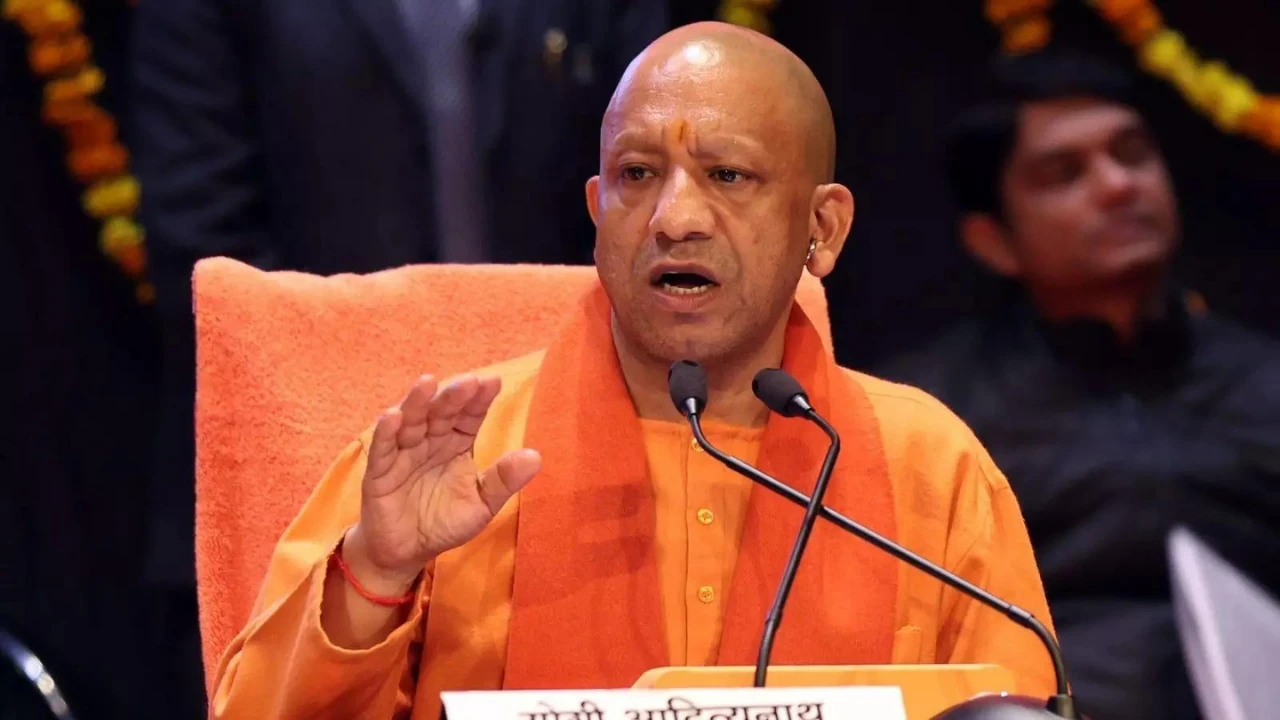Healthcare
Bastar's first super-specialty hospital opens
Bastar region will soon have its first super specialty hospital. Located in Jagdalpur, the facility opens in February. Hyderabad-based Continental Hospitals partners with the Chhattisgarh government. This 240-bedded hospital will offer advanced medical services.
Novo Holdings buys 49% stake in Surya Hospitals
Novo Holdings, a major investment firm, has acquired a 49% stake in Surya Hospitals for an estimated Rs 1,000-1,200 crore. This strategic move highlights Novo Holdings' focus on specialized healthcare in India, particularly in women's and children's care, where Surya Hospitals has a strong reputation. The deal underscores the ongoing investment trend in the Indian hospital sector.
PE backed ASG Eye hires Morgan Stanley and three other bankers for upcoming IPO
ASG Hospital, a major eye care chain, is preparing for its initial public offering. The company has selected four investment banks to manage the process. ASG plans to raise between ₹3,000 and ₹4,000 crore. This offering is expected to take place in the financial year 2027. The move follows strong market interest in the healthcare sector.
IHCL to aquire 51% stake in Brij Hospitality
Indian Hotels Company, backed by Tata Group, is acquiring a majority stake in Brij Hospitality. This move aims to bolster IHCL's presence in the boutique luxury hotel market. The deal, valued at up to Rs 225 crore, will integrate Brij's portfolio of 22 hotels. This acquisition is expected to be completed by March 2026.
Indian hospital chain Narayana Health eyes international expansion
Narayana Hrudayalaya is gearing up to make its mark in Western healthcare markets. Leveraging its innovative, affordable healthcare model that has thrived in India, the company is now setting its sights on the UK as a strategic launchpad for further global expansion.
Apollo Hospitals demerger is a biz call taken for shareholders, says Suneeta Reddy; rules out family rift
Apollo Hospitals MD Suneeta Reddy says the group’s restructuring is about business strategy, not family dynamics, aiming to unlock value by separating hospital and pharmacy-digital units. She stresses close ties with sister Shobana Kamineni, outlines expansion in metros and Tier-II cities, focus on preventive care, tech-led growth and mentoring next generation of leaders.
Some food preservatives linked to higher cancer, diabetes risk
New French studies suggest common food preservatives like nitrites and nitrates are linked to a slightly increased risk of cancer and type 2 diabetes. While researchers urge caution, advising consumers to opt for less processed foods, outside experts emphasize the need for more research to establish direct cause-and-effect relationships. The findings highlight potential health concerns associated with widely used additives.
Ayushman Bharat: UP cuts claim pendency sharply, speeds up hospital payments
Uttar Pradesh is making waves in healthcare with significant advancements in settling Ayushman Yojana claims. The state is firmly committed to timely reimbursements for partner hospitals, leading to a culture of transparency in claims processing. These initiatives have slashed the backlog of pending claims, ensuring that hospitals provide swift treatment to Ayushman card holders.
HC seeks Novo Nordisk's reply on Natco plea to revoke patent
The Delhi High Court has asked Novo Nordisk to explain why its patent for the diabetes and weight loss drug semaglutide should not be cancelled. Natco Pharma filed the petition. Novo Nordisk's patent expires in March. This has sparked patent disputes as other companies aim to produce their own versions of the drug.
Max Healthcare partners with The Learning Lab for advance healthcare capacity building, research
Max Healthcare has partnered with UK-based The Learning Lab to advance healthcare capacity-building and foster joint research. The collaboration will co-create training modules for healthcare professionals, aiming to strengthen clinical competencies and improve patient outcomes. This initiative combines Max Healthcare's clinical experience with The Learning Lab's educational expertise to deliver practical, evidence-based learning.
















